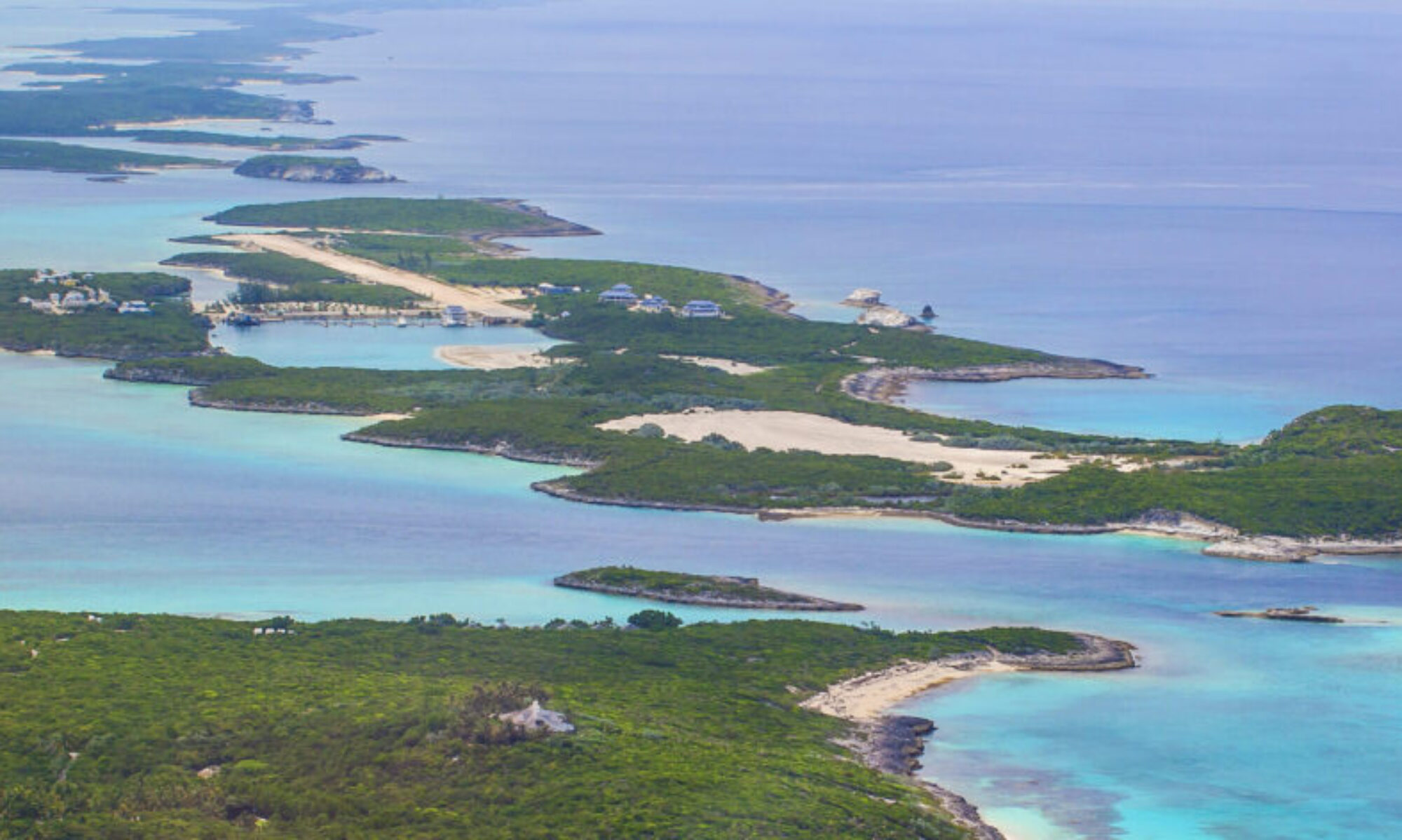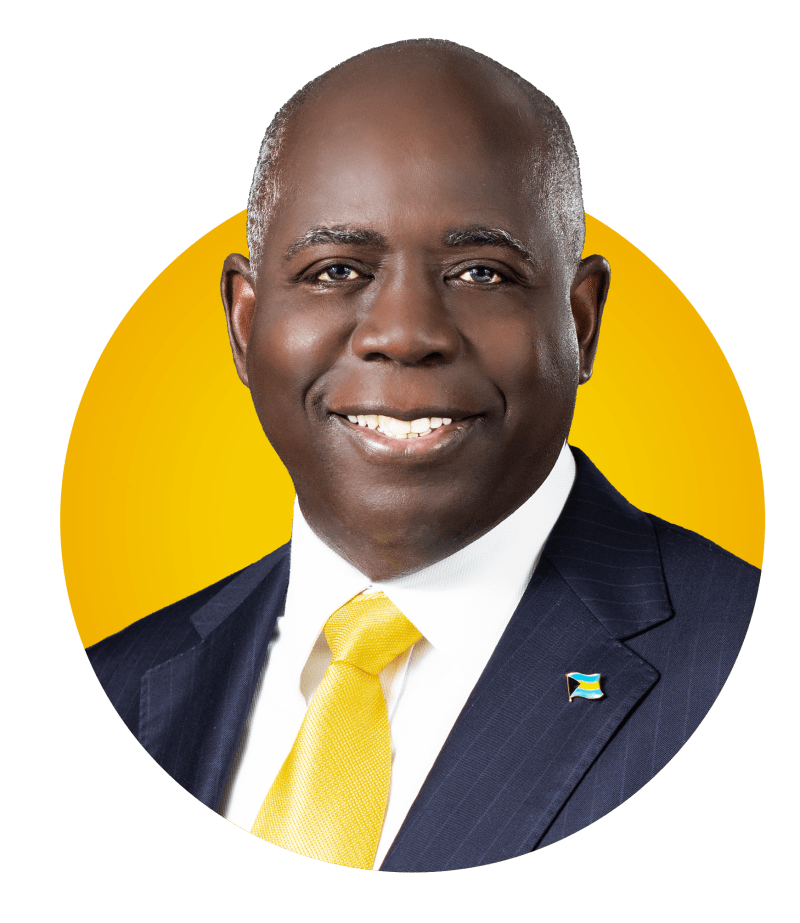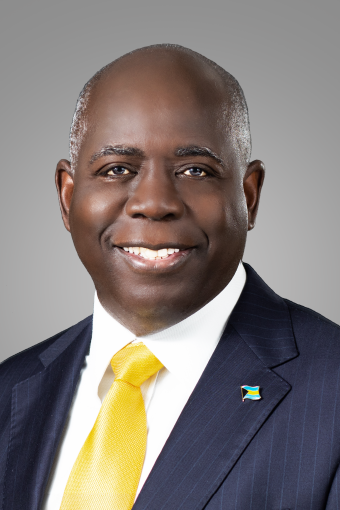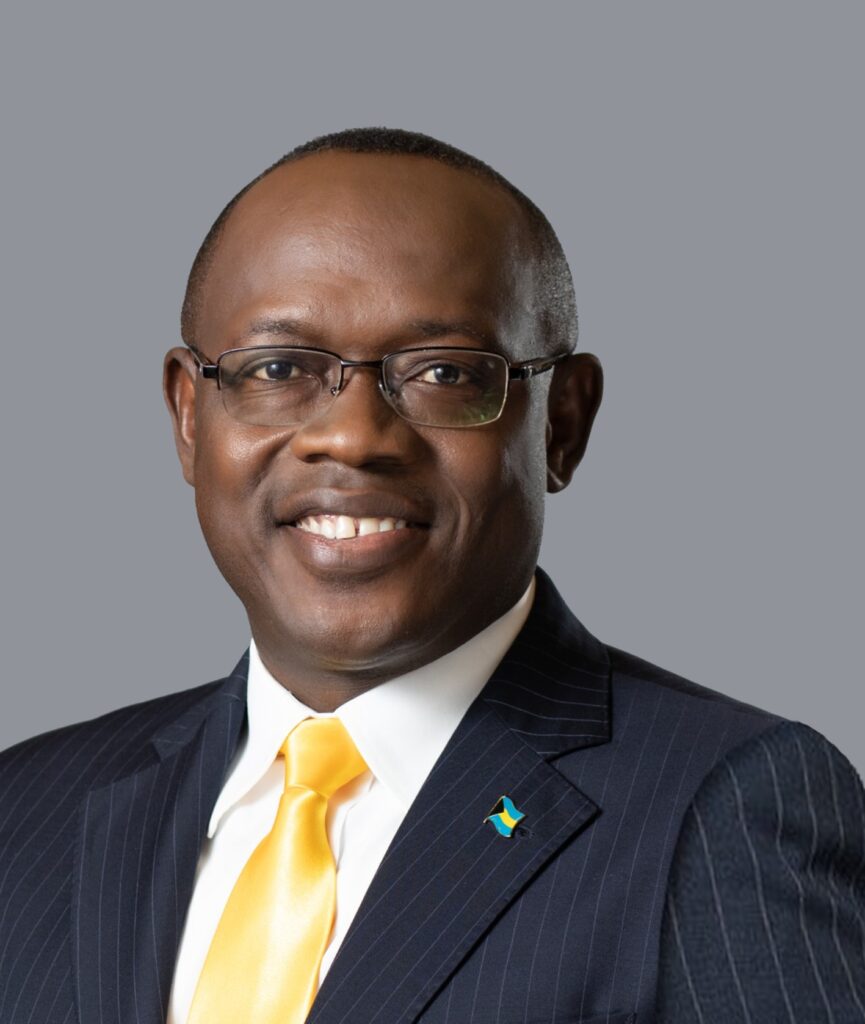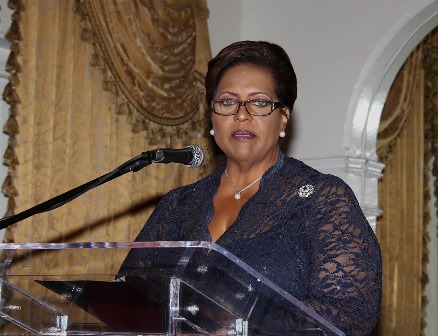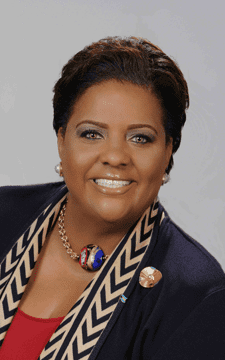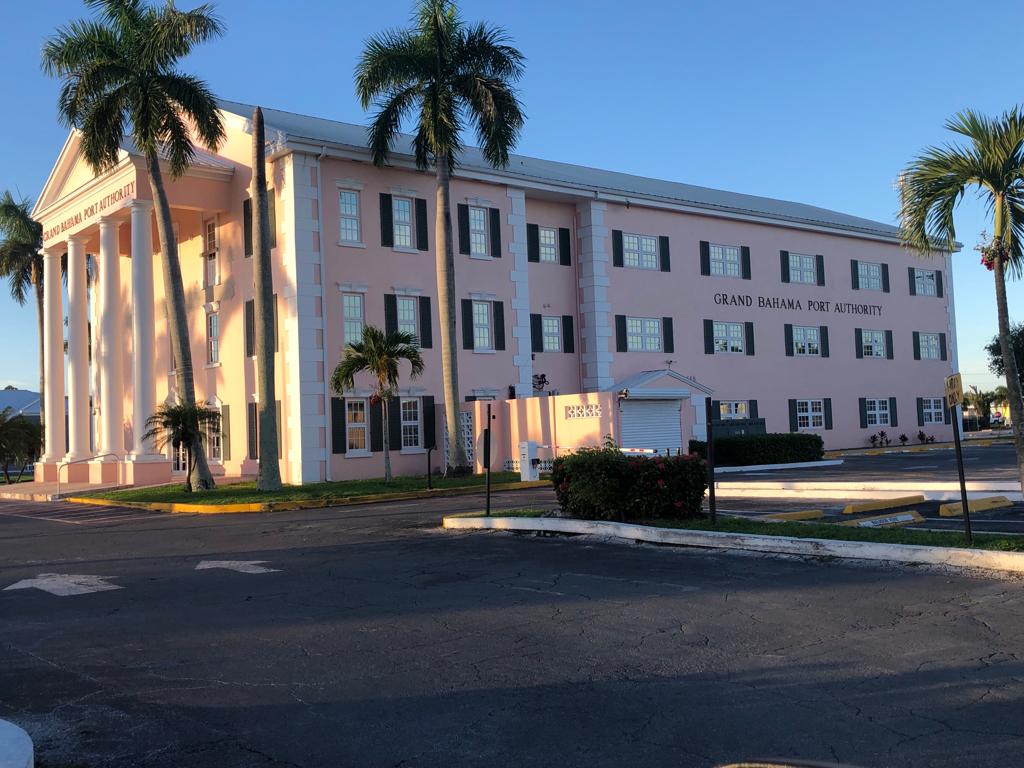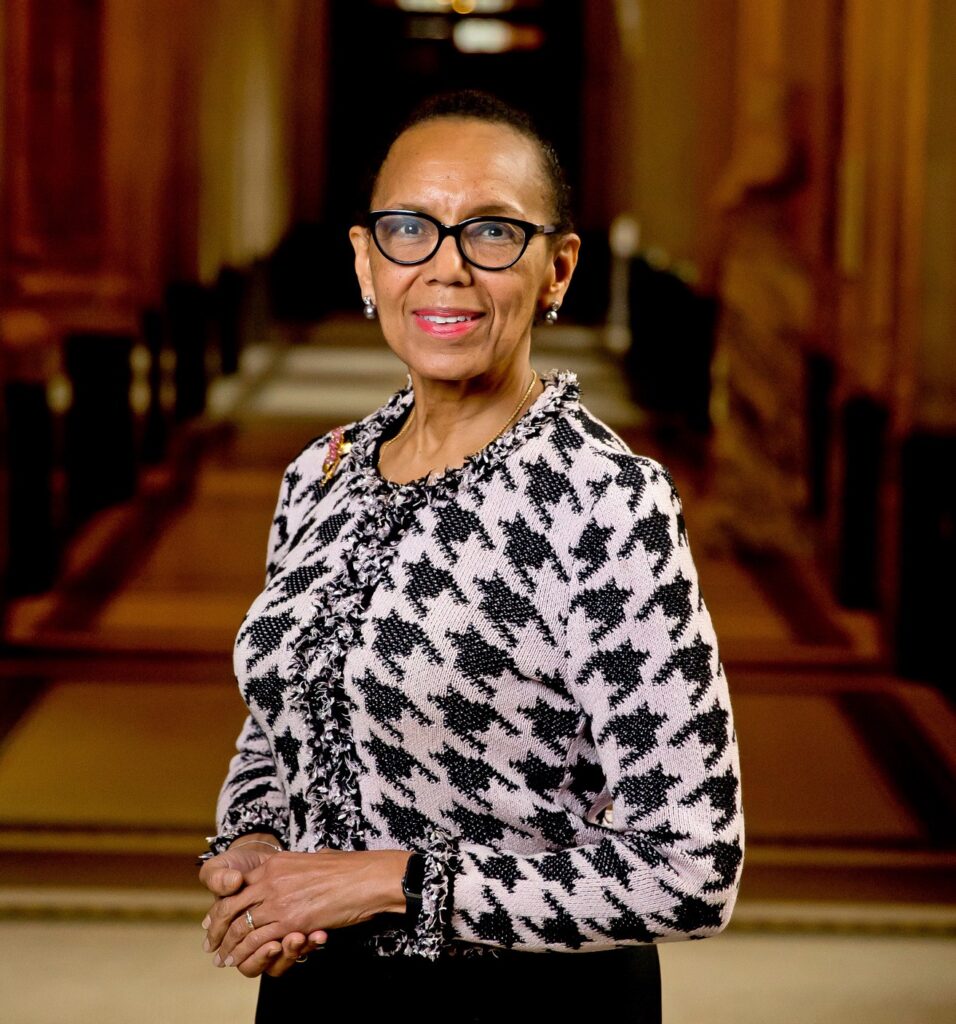
By Fred Sturrup | GB News Editor | [email protected]
There are those who claim very good genes, and factually so.
And, then there are folks with superlative genes.
One such lady who has climbed the steps of an incredible genealogy to become one of the Bahamas’ greatest nation-building matriarchs, is Allyson Maynard-Gibson. She was recently appointed Chairman of the University of The Bahamas (UB) Board of Trustees, yet another portfolio from which enhancement of a nation and its people will be definite given her all-round pedigree of success. No doubt, her genes have factored in the consistent efforts over the last four decades or so of excellence which put Maynard-Gibson in a very special category of Bahamian heroes. When my immediate family of three – my father, mother and I moved a block further east from the Mackey Street North/Okra Hill Community in the summer of 1958, William Street was our destination. In a famous home on that street lived Dr. Roland Cumberbatch and Meta Davis Cumberbatch, one of the most noted married couples in Bahamian history. I was one of the many youngsters afforded kindness by Dr. Cumberbatch and Mrs. Cumberbatch, not at all cognizant at the time of the historic individuals who touched our lives. They were the maternal grandparents of Maynard-Gibson.
Seven blocks west of William Street, on Shirley Street, was the homestead of Georgiana Symonette one of the anchor icons of the Women’s Suffrage Movement (which fought for the rights of women to vote). Ms. Symonette was Maynard-Gibson’s paternal grandmother who brought forth Clement and Andrew “Dud’ Maynard. The former became a pivotal unionist and later deputy prime minister of the country. The latter, for many years, helped shape the progress of the country under a Progressive Liberal Party Government led by one Lynden Pindling who would later be knighted and accepted as the Father of the Nation when independence was ushered in on his watch.
So, coming from that ancestry, Maynard-Gibson understandably was earmarked for progressiveness – personally and in all that she had jurisdiction over.
She is a no-nonsense diplomat of the highest order. It is a characteristic rarely found. Normally the straight-shooters don’t particularly care about diplomacy. On the other hand, the usual diplomat is concerned mostly about being politically correct. Maynard-Gibson combines both elements with grace. Her voice level never changes no matter the heat of the discussion or the significance of the matter at hand, be it legal, political, or otherwise. She is a barrister supreme, a Queen’s Counsel; a former Member of The House of Assembly and Senate; the country’s one-time Attorney General and Minister of Legal Affairs; a past Minister of Financial Services and Investments; and now UB Chair, the first woman so elevated.
Accordingly, this lady with the uncommonly prominent genetic background is positioned to continue her fantastic legacy of contributions to this country.
Congratulations Dame Maynard-Gibson!
Not yet? Well, perhaps in the near future.
